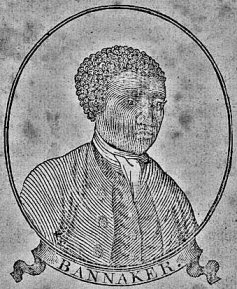Alexander Graham Bell
Rachel Carson
George Washington Carver
Francis Crick and James Watson
Marie Curie
Leonardo da Vinci
Thomas Edison
Albert Einstein
Henry Ford
Ben Franklin
|
Robert Fulton
Galileo
Jane Goodall
Johannes Gutenberg
Stephen Hawking
Antoine Lavoisier
James Naismith
Isaac Newton
Louis Pasteur
The Wright Brothers
|
